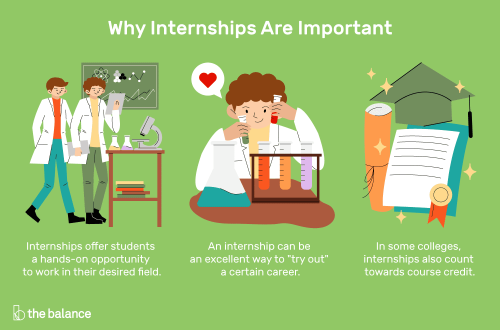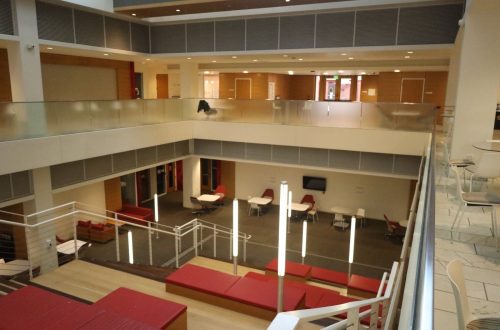I. Introduction: Rethinking the Traditional College Schedule
As higher education institutions across the country grapple with student well-being, mental health challenges, and declining engagement, it’s time for Lynn University to consider a bold but practical innovation: transitioning to a four-day academic week (Monday through Thursday). This shift could revolutionize how our Fighting Knights approach their education, providing significant benefits for well-being, learning outcomes, and professional development.
The traditional five-day week, inherited from industrial-era work patterns, may no longer be optimal for educational environments. In an era where information is instantly accessible and digital learning tools allow for flexible scheduling, universities have the opportunity to create schedules that better align with student needs and learning science.
This proposal envisions a restructured academic calendar that maintains the same total class hours while distributing them across four days, with longer class periods that allow for deeper learning experiences. The fifth day would provide students with opportunities for internships, research, clubs, or rest and personal development.
II. Argument 1: Improved Student Well-being
College students today face unprecedented levels of stress, anxiety, and depression. A four-day academic week would provide students with an additional day to focus on their mental health, pursue personal interests, and rest. This would be particularly beneficial for students dealing with the academic rigor of their chosen fields while maintaining part-time jobs or family responsibilities.
Research consistently shows that chronic stress impairs learning, memory, and cognitive performance. By reducing the daily pressure of academic obligations, students would be better equipped to engage fully and effectively during their class time. The additional day off would also allow for better physical health practices, including exercise and adequate sleep.
Furthermore, the compressed schedule would reduce commuting stress for commuting students and provide more time for social connections with friends and family, which are crucial for mental well-being. Students would have more flexibility to engage in self-care activities that are often neglected due to packed weekly schedules.
III. Argument 2: Deeper Learning and Engagement
A four-day academic week would allow for longer class periods, enabling more in-depth exploration of topics, hands-on activities, and meaningful discussions. Instead of rushing through material to end class for the day, professors could engage students in project-based learning, collaborative work, and interactive experiences that require more time.
Extended class periods align with research on attention spans and learning effectiveness. Students would have more uninterrupted time to engage deeply with complex material, leading to better understanding and retention. This approach would also allow for mid-class breaks that help maintain focus throughout longer sessions.
Additionally, the longer class periods could incorporate real-world applications, guest speakers, and field experiences that are difficult to fit into traditional 50-minute periods. This would enhance the experiential learning opportunities that Lynn University values and strengthen the connection between classroom learning and practical application.
IV. Argument 3: More Opportunities for Internships and Work
A dedicated day off each week would provide students with valuable opportunities to pursue internships, part-time jobs, research projects, or volunteer work that directly relates to their career goals. This would enhance the practical experience component of their education, making them more competitive in the job market.
Employers increasingly value candidates with work experience, and a four-day academic schedule would provide students with a consistent day to dedicate to professional development. Students could build stronger relationships with internship supervisors, take on more responsibility in their positions, and gain deeper insights into their chosen fields.
This additional time could also be used for career preparation activities such as networking events, professional development workshops, or portfolio development. The university could organize career-focused activities on the fifth day to help students make the most of this time.
V. Conclusion: It’s Time for a Change
The four-day academic week represents an opportunity for Lynn University to lead in educational innovation while genuinely improving the student experience. The benefits to student well-being, learning outcomes, and career preparation make this a change worthy of serious consideration by the university administration.
Other institutions have successfully implemented similar schedules, seeing improvements in student satisfaction, learning outcomes, and faculty satisfaction. The transition would require careful planning and adjustment, but the potential benefits far outweigh the initial challenges.
I call upon the administration to explore the feasibility of piloting a four-day academic week, perhaps starting with a single college or program. This innovative approach could differentiate Lynn University as a forward-thinking institution that prioritizes student success and well-being while maintaining academic excellence.
Implementation would need to address concerns about childcare for faculty with families, coordination with clinical and lab requirements across disciplines, and maintaining the academic rigor that defines our institution. A pilot program would allow for adjustments based on real experience rather than theoretical planning.
The ultimate goal is to create an academic environment that serves both faculty and students better while maintaining the high educational standards that Lynn University is known for. This change could position the university as a leader in student-centered educational innovation.





